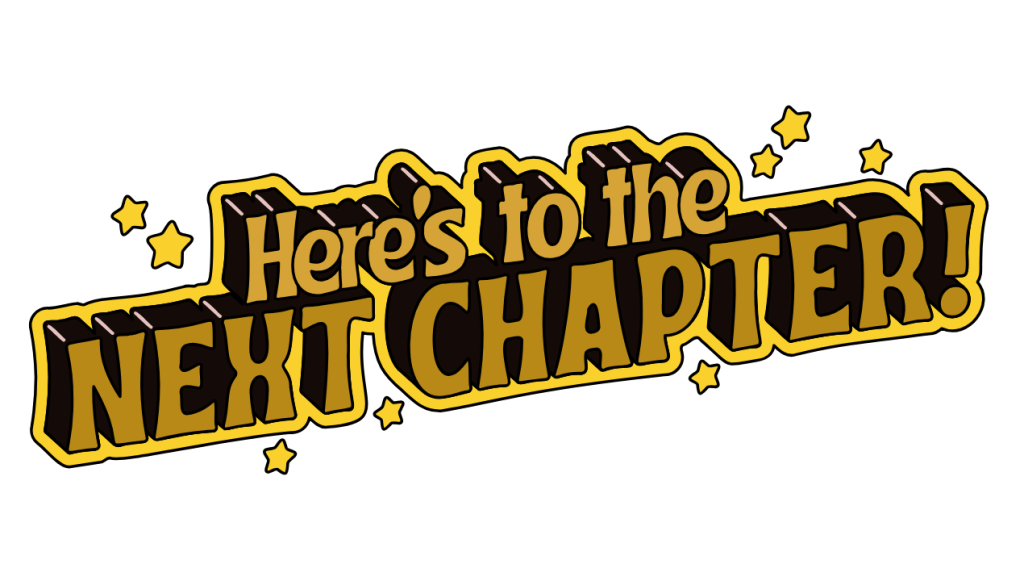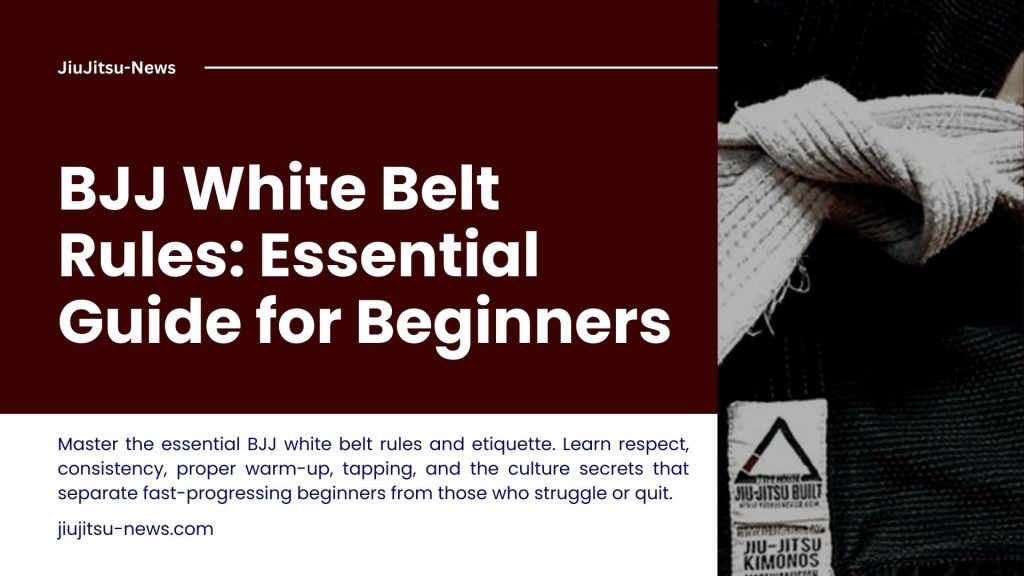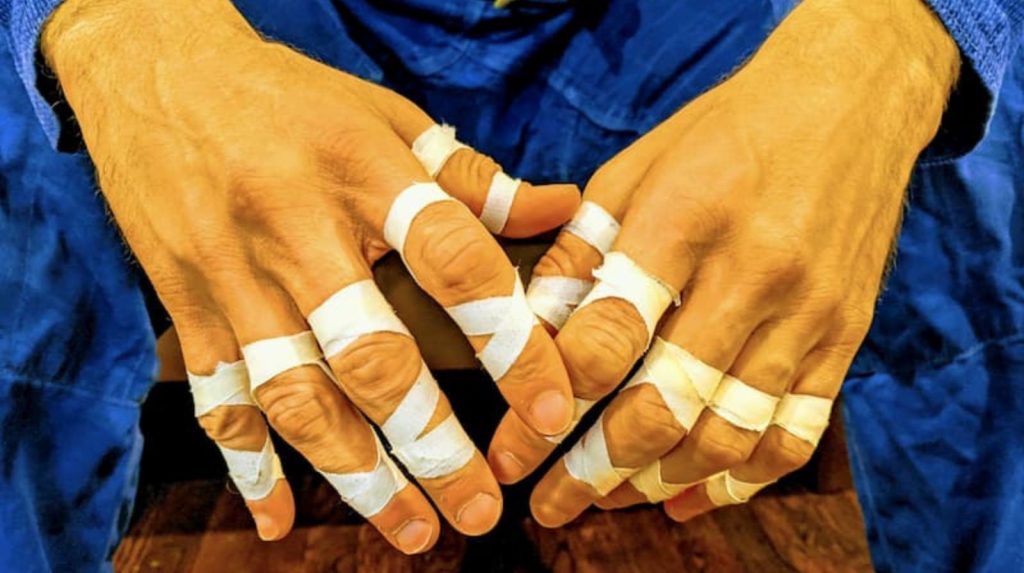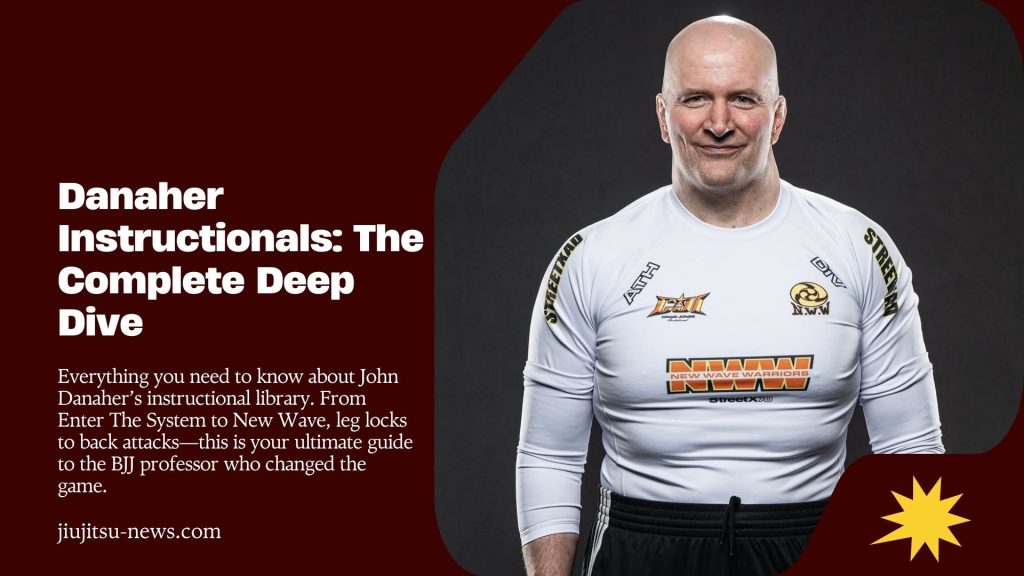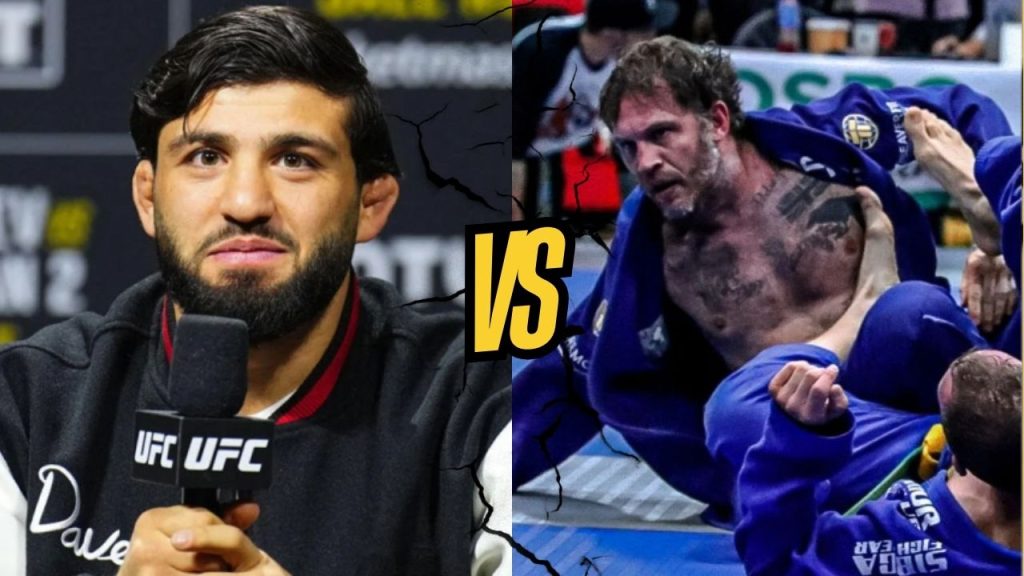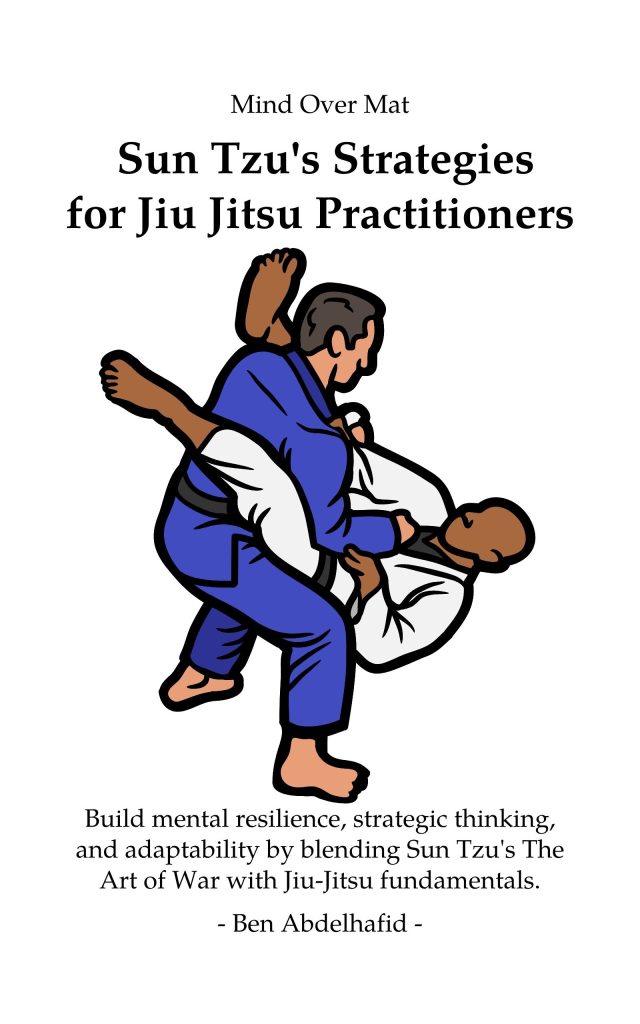
Chapter 8: Preparing for Battle
The Importance of Physical Conditioning
A big part of being good at jiu-jitsu is being physically fit. This is because technical skills are built on top of physical fitness.
Conditioning your body improves your endurance, strength, flexibility, and speed, which helps you do jiu-jitsu moves more precisely and effectively.
A strong physical base is important for all martial artists, because even the best practitioner can lose to someone who is stronger than them.
1# Endurance
When it comes to jiu-jitsu, endurance is especially important because matches can last longer than a normal training session.
When an athlete is in good shape, they can keep up their energy levels throughout a game, which helps them stay focused and make good decisions when they need to.
Sun Tzu wrote about how important it is to stay strong while draining your opponent’s resources. For this purpose, a practitioner who has worked out regularly can outlast their opponent, which can turn the match in their favor.
This part of conditioning gives you a tactical edge by helping you stay calm and effective even in the toughest situations.
2# Strength
Strength training is also an important part of getting in shape for jiu-jitsu.
Not only does it involve lifting heavy things, but it also involves building functional strength that helps you do better on the mat.
Grappling techniques like sweeps, submissions, and escapes can be made better by focusing on core stability and certain muscle groups that are used in grappling.
Sun Tzu’s strategies often show how important strength is for getting past problems. In jiu-jitsu, this strength can mean the difference between winning and losing.
3# Flexibility and mobility
Both flexibility and mobility are important parts of getting in shape.
Jiu-jitsu is a dynamic sport that requires players to move quickly and smoothly in response to what their opponents do.
Adding flexibility training to your conditioning routine can help you move your body in more ways, which can help you do your techniques better and lower your risk of getting hurt.
Mental Preparation and Visualization Techniques
Mental preparation is an important part of jiu-jitsu because it helps people develop a mindset that helps them do well.
Sun Tzu taught that strategy and mental toughness are very important in war. Jiu-jitsu practitioners can use these ideas to help them think in a way that improves their training and results in competitions.
As practitioners know that battles are often won or lost in the mind, they need to train their minds to be able to handle the challenges of grappling well.
1# Visualization
Visualization techniques are very useful for getting your mind ready.
Practitioners can improve their execution on the mat and improve their muscle memory by picturing techniques, movements, and situations in great detail.
Visualizing winning not only boosts confidence, but it also gets the mind ready to handle different situations well during a match.
Practitioners can picture themselves perfectly using techniques, defending themselves against attacks, and beating opponents, which helps them plan their mental path to success.
To use visualization techniques effectively, people should make a space that is quiet and focused so they can focus without being interrupted.
Indeed, setting aside time for visualization, preferably before training or a competition, lets the mind fully practice situations and moves.
2# Positive affirmations
Along with visualizing, positive affirmations can also help get your mind ready.
People can fight negative self-talk and develop a growth mindset by saying affirmations over and over that boost self-confidence and strength.
This practice is similar to what Sun Tzu said about how important it is for troops to have high morale and be mentally ready for battle.
Saying affirmations like “I am ready,” “I adapt quickly,” or “I am confident in my skills” can help a practitioner’s mental resolve, giving them confidence as they go into training and competition.
Developing a Game Plan
In jiu-jitsu, making a plan is like the strategic planning that Sun Tzu talked about in “The Art of War.”
A general needs to know about the terrain, the strengths and weaknesses of their troops, and the enemy’s plans.
Similarly, a jiu-jitsu practitioner needs to know about their own skills, the strengths and weaknesses of their opponents, and how the match is going.
This strategic way of thinking helps people go into every training session and competition with a clear goal in mind, which improves their performance on the mat.
1# Figuring out your strengths and weaknesses
To make a good game plan, practitioners should first do a thorough evaluation of themselves.
This means figuring out your strengths, like your favorite positions, techniques, or qualities like speed or flexibility.
Also, recognizing your weaknesses is important because it helps you figure out what you need to work on.
Being self-aware lets practitioners change their training to build on their strengths and fix their weaknesses.
If a jiu-jitsu practitioner knows themselves, they can practice in a way that helps them improve their skills more quickly.
2# Having a plan to beat your opponent
Figuring out how to beat your opponents is just as important as making a plan.
Watching training partners and opponents can help you figure out what strategies, techniques, and habits they use most often.
Practitioners can predict possible problems and come up with solutions by looking at these patterns.
This kind of analysis can also include watching high-level competitors play in matches or instructional videos.
And, it lets players learn from others’ successful strategies and change their own game to match them.
3# Being flexible
It is important for a game plan to be flexible.
It is good to have a structured plan, but because jiu-jitsu is so unpredictable, you need to be able to change your mind quickly.
Practitioners should work on smoothly switching between techniques and positions so that they can react quickly to their opponents’ moves and strategies.
This flexibility is similar to Sun Tzu’s advice to “be like water,” which means to flow with the flow of life and change with the times.
Focusing on improvisation and reaction during training drills can help develop this important skill, allowing practitioners to stay calm and effective even when faced with unexpected problems.
4# Seeking feedbacks to improve your game
Sharing your game plan with coaches and training partners can make it work better.
Talking about strategic goals and methods on a regular basis can lead to helpful feedback and changes.
Coaches can give advice based on what they have seen, and training partners can act out different situations to help improve the plan.
This collaborative approach helps people understand the strategies used better and creates an environment that is good for growth.

